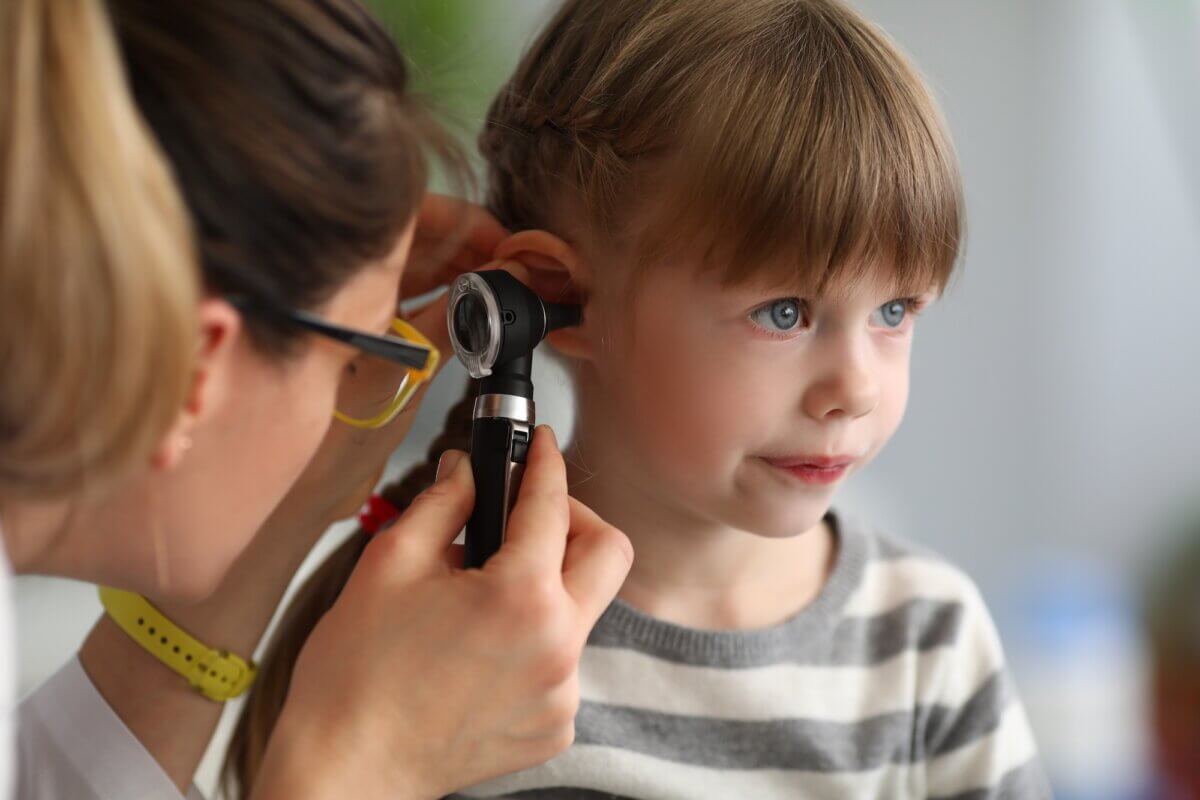Mountain Living
Know the Signs: Six Health Emergencies and How to Handle Them
Learn to spot and respond to these common health scares—and even save a life.
Health emergencies may hit suddenly—and when they do, they can be terrifying. Knowing the signs and how to handle health emergencies makes all the difference when it really counts. “Time is everything in a health emergency,” said Joshua Seymour, MD, Medical Director of the After-Hours Medical Care clinic in Basalt. “The faster we can intervene, the better chance we have of saving a life or ensuring long-term recovery.”
How to Handle Common Health Emergencies
Heart Attack
Heart attacks are among the most serious medical emergencies. According to the American Heart Association (AHA), heart disease continues to be the greatest health threat to Americans and is still the leading cause of death worldwide.
The AHA says a heart attack, also called myocardial infarction (MI), occurs when a blockage in one or more coronary arteries reduces or stops blood flow to the heart, which starves part of the heart muscle of oxygen. While symptoms of a heart attack vary from person to person, common signs include:
- Chest pain with sensations of tightness, squeezing or pressure
- Pain that spreads to the shoulder, arm, back, neck, jaw or even upper belly
- Cold sweat
- Heartburn or indigestion
- Shortness of breath
- Nausea
Stroke
Each year, more than 795,000 people in the United States have a stroke. While the risk increases as you get older, a stroke can occur at any age. There are two types of stroke: ischemic, caused by a blood clot, and hemorrhagic, which stem from bleeding in the brain. Both deprive your brain of the blood and oxygen it needs , causing damage and—in some cases—putting your life at risk.
Because every second counts when someone experiences a stroke, doctors developed an easy-to-remember system to identify the early warning signs:
F: Face. Ask the person to smile. Does one side droop? The muscle weakness or paralysis of a stroke typically affects one side of the body.
A: Arms. Ask the person to raise their arms. One-sided weakness also shows up in a drooping arm.
S: Speech. See if the person can talk, and check for slow, strange or slurred speech. These changes may indicate a stroke.
T: Time. If you see any of these signs, call 911 right away. Note the time you first noticed symptoms.
While waiting for emergency responders, remain calm. Check the person’s pulse, and if needed, perform CPR. Do not give food or drink, as a loss of muscle control can cause choking.
Pulmonary Embolism
A pulmonary embolism is a blockage in one of the pulmonary arteries of the lung, often due to a blood clot that has traveled from another part of the body. Living or spending time at high altitude could increase the risk of a pulmonary embolism. This condition is serious—and even life-threatening if not promptly treated.
If you or a loved one experience any of these symptoms, seek immediate medical attention:
- Difficulty breathing, speaking or catching your breath
- Rapid heart rate
- Sharp chest pain and coughing, sometimes with blood
Try to remain calm, as panic can make breathing even more difficult. Your healthcare provider may order tests such as a CT scan to confirm the diagnosis. Treatment often includes medication to dissolve the clot or prevent new clots from forming, and in some cases, surgery is necessary.
“Living at high altitude can put extra strain on your heart, lungs or circulatory system, which can elevate the risk of certain conditions,” explained Dr. Seymour. “Be aware so you can take the right precautions and act fast if you notice symptoms.”
Hypothermia
Hypothermia happens when your body loses heat faster than it produces it, causing your core temperature to drop dangerously low, below 95°F (35°C). Prolonged exposure to cold, wet or windy conditions without adequate protection makes you vulnerable. Watch for these symptoms:
- Mild hypothermia: Shivering, weak pulse, confusion or trouble speaking
- Moderate hypothermia: Slow breathing, slurred speech, hallucinations, less shivering, bluish skin tone
- Severe hypothermia: No shivering, low blood pressure, no reflexes, cardiac arrest (heart stops)
Hypothermia can be life-threatening. If you’re with someone who is hypothermic, call for help and get them warm:
- Move them to a warm, dry area.
- Replace wet clothes with dry ones.
- Cover them with a blanket, hat and coat.
Call 911 or local emergency services immediately if skin changes color or they lose consciousness.
Allergic Reactions and Anaphylactic Shock
Allergic reactions happen when your immune system overreacts to a substance or allergen. Certain foods, pollen, medicine, pet dander and bee venom are a few common allergens. Everybody responds to allergens differently.
Signs of a mild to moderate allergic reaction include:
- Skin rash or hives
- Itchy or watery eyes
- Sneezing or nasal congestion
- Tingling or swelling of the lips, tongue, mouth or throat
- Nausea or vomiting
Over-the-counter antihistamines typically treat mild to moderate allergic reactions. Monitor symptoms and seek medical help if they worsen.
A severe allergic reaction like anaphylaxis sends your body into shock. You may experience:
- Difficulty breathing
- Severe swelling of the throat or tongue
- Rapid or weak pulse and/or a drop in blood pressure
- Loss of consciousness
Some people use an epinephrine pen (EpiPen) prescribed by a doctor to stop symptoms. Call 911, even if symptoms begin to subside.
Fall or Brain Injury
Winter can be treacherous, with slips on the ice or falls on the slopes. Quickly knowing if an injury—especially a brain injury—is traumatic could save a life. If you or a loved one experiences any of these symptoms, seek immediate medical care.
Traumatic injuries
- Intense pain that worsens with movement or pressure
- Numbness or swelling
- Heavy bleeding
- Shortness of breath
Traumatic brain injuries and concussions
- Sudden, persistent or worsening headache
- Dizziness or disorientation
- Nausea or vomiting
- Sensitivity to light and noise
- Loss of consciousness in some cases
Traumatic brain injuries range from mild to severe, with serious injuries often requiring urgent treatment. If you’re not sure how to respond, call 911 for help.
Being Prepared
While no one likes to think about handling an emergency, preparation makes a big difference. Aspen Valley Health’s emergency department is open 24/7 and is best suited to provide care in critical situations, with access to CT and ultrasound imaging. “Knowing the signs, having a plan and acting fast are crucial. The more prepared you are, the better you can respond when seconds count,” said Dr. Seymour. “This can improve the chances of recovery for you or your loved one.”






